Robert Matzen is most known for his nonfiction work covering Hollywood and the film industry as well as WWII. Titles such as Mission: Jimmy Stewart and the Fight for Europe and Dutch Girl: Audrey Hepburn and World War II have received rave reviews. Now, Matzen is venturing into fiction with his debut novel, Season of the Gods.
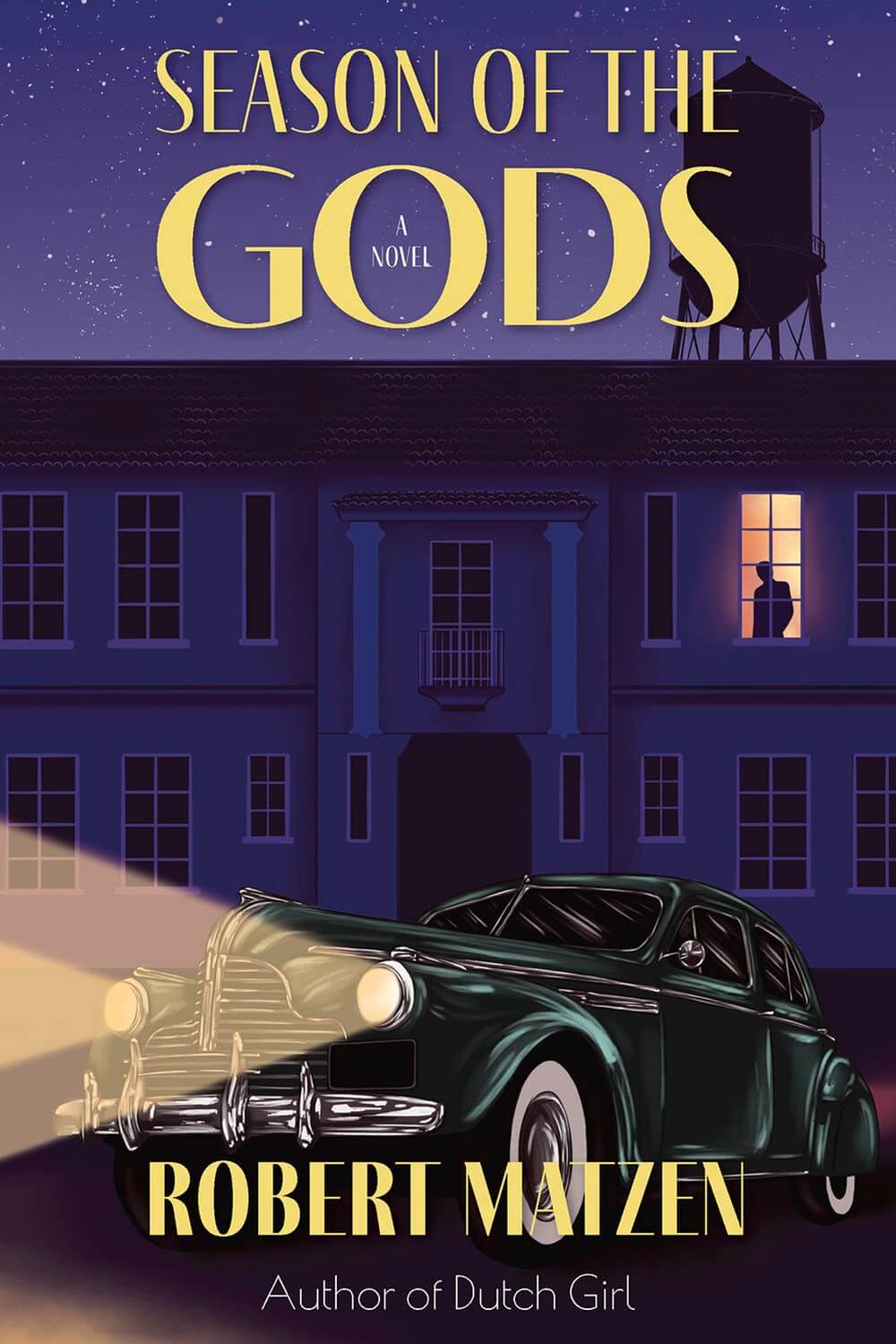
Season of the Gods by Robert Matzen
Set in Hollywood during wartime, one woman dares to dream of making the perfect film. Now, she’s found a screenplay set in Morocco and she thinks this is it. In an immersive story that takes you behind the scenes at Warner Bros. Studios, we get a glimpse into the making of Casablanca.
Buy the book now: Bookshop.org | Amazon | Barnes & Noble
The Book…
I am currently reading: Fifth Avenue Glamour Girl by Renée Rosen, which I chose because it seems similar to Season of the Gods—historical fiction strongly rooted in fact, featuring a game-changing woman (Estee Lauder in this case) whose vision changed an entire industry, just as my main character, Irene Lee, changed Hollywood with the groundbreaking Casablanca. And Fifth Avenue Glamour Girl is set during the World War 2 time period. (In other words, I am checking out the competition.)
I recommend to everyone: What Makes Sammy Run? by Budd Schulberg takes you inside Hollywood of 1940 to reveal a cynical underbelly that endures today. It’s easy to portray Hollywood in negative terms but I take a different course with Season of the Gods, showing the dedication and craftsmanship of Hal Wallis, Irene Lee, and Julius and Philip Epstein—the Academy Award-winning team that created Casablanca. You also meet a captivating group of actors, many of them like Paul Henreid and Conrad Veidt who had fled Hitler. It’s a lovable rogues’ gallery.
That was my favorite to read last year, and why: I read What Makes Sammy Run? while researching for Season of the Gods because it provided an insider’s Hollywood perspective during the golden era. The author, Budd Schulberg, was the son of an executive producer at Paramount. What Makes Sammy Run? was released in 1941, and the writing has held up and sparkles more than 80 years later.
The author I would love to have lunch with: I’ve already had two close encounters with Doris Kearns Goodwin. She and I appeared on the radio in successive time slots many years ago on Presidents Day. Then we appeared together on a segment of Morning Joe with Joe, Mika, and Willie talking about Jimmy Stewart in World War II (I wrote the book Mission about his combat career). But I’d love to just sit and talk history with her because it’s clear DKG loves history like I love it. Her research and writing are authentic and heartfelt, which is what I always strive for with my own writing.
The book that made me realize language had power: It’s impossible for me to pick one. The Red Badge of Courage for its vivid account of a youth in the Civil War. The Sun Also Rises for Hemingway’s spare and masculine narrative. Moby Dick for its beautiful flow. I like to think all these great authors and their works have influenced my approach to storytelling. Reviews for my books Fireball, Mission, Dutch Girl—all seem to hit on the storytelling and cinematic aspects of my work.
I’d like to see adapted to the screen: I was excited to hear that A Gentleman in Moscow is being adapted as a series. It’s one of those books that I didn’t want to end, and it transported me to the Moscow of a century ago. I’ve had Hollywood interest in four of my books now, with film rights to Dutch Girl sold and now Season of the Gods possibly being adapted into a feature motion picture—an announcement may be coming very soon that I think will be of interest!
That made me laugh out loud—or cry—while reading it: A genius named Stuart Jerome wrote a book called Those Crazy Wonderful Years When We Ran Warner Bros. Jerome was among the dozen and a half messenger boys who delivered mail and messages on the studio lot in the late 1930s. His take on the studio and the stars is so inside. It’s hilarious and genuine—a completely unvarnished take on a Hollywood studio as seen through the eyes of a kid just out of high school. This book had a powerful influence on Season of the Gods. There are so many post-it notes marking important text that you can’t even thumb through my copy.
With the best cover: I find so many covers looking the same, or looking drab. Actually, I love the cover of Season of the Gods: A Novel, which features an illustration by the fabulous Andrea Carvajal. What you’re seeing is the Writers Building at Warner Bros. with Julius Epstein driving off into the night, leaving his brother Phil looking sadly out the window, watching him go. It’s a pivotal moment that spins the story of the creation of Casablanca in a new direction. But no spoilers here—you have to read the book to see if Casablanca gets finished or not.
With the best opening line: This is completely off the wall, but the absolute best opening line I ever read was in a little paperback called The Loves of Errol Flynn that came out in 1960, soon after his death. A newspaperman named Tedd Thomey wrote it. He had covered Flynn (who was Hollywood’s bad boy of the 1930s and 40s) for decades and the line was: “The way he lived it was inevitable that he would be clobbered.” Bam! Right out of the gate, here’s a line that makes you want to read more. Errol Flynn was a fascinating character working at Warner Bros. during the Season of the Gods time period and I had to write him into the narrative, warts and all.
With a scene that sticks with me to this day: My colleague David Stenn wrote a book called Bombshell about Jean Harlow (another old Hollywood actress) who died at age 26 of blood poisoning. He painted such a vivid picture of her horrific final days in her bed in Beverly Hills. I’ve passed that house many times and the words of David Stenn always haunted me there. Before I wrote my book Fireball about Carole Lombard, I sought Stenn out and he provided valuable coaching on researching and writing true Hollywood stories.
This is a sponsored post.
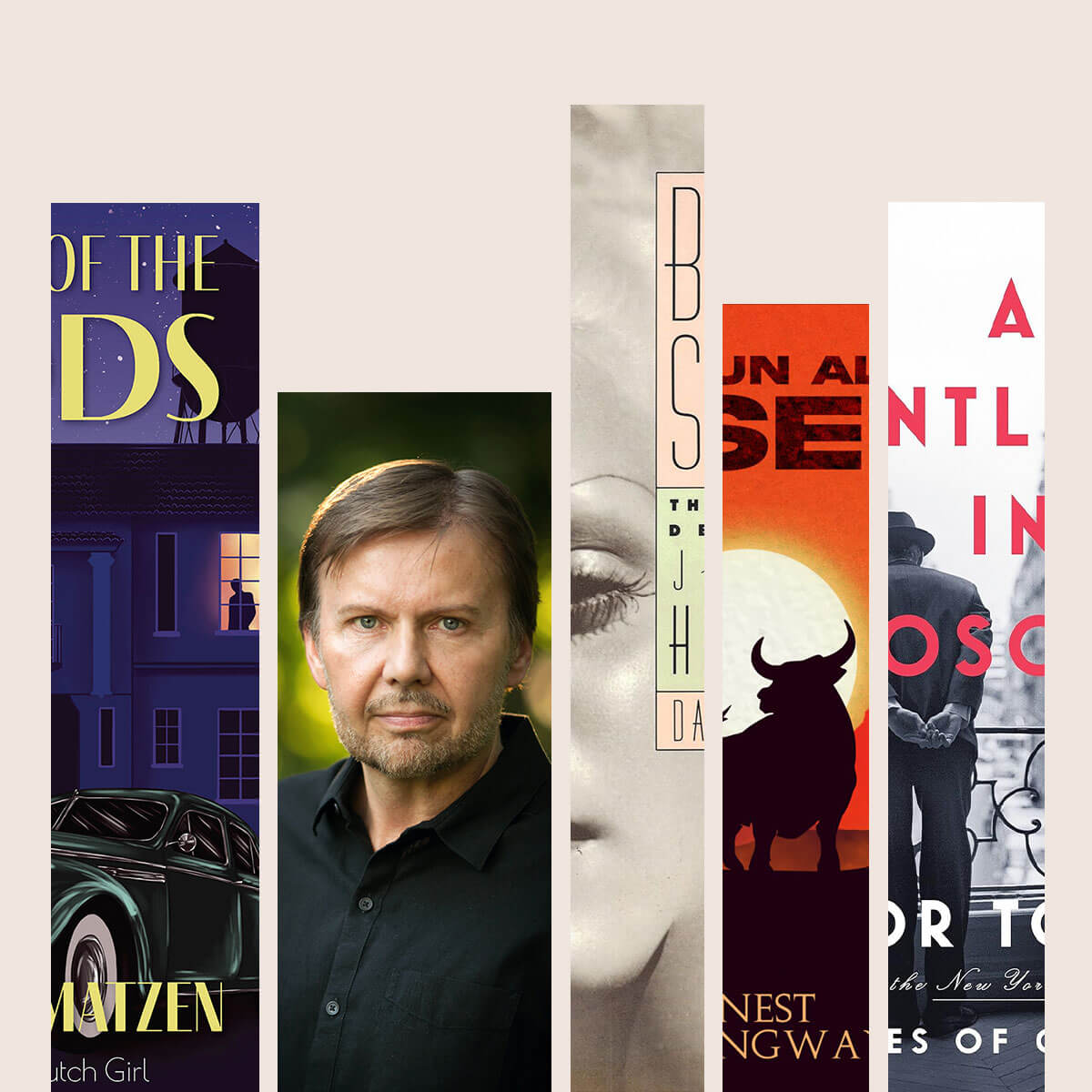
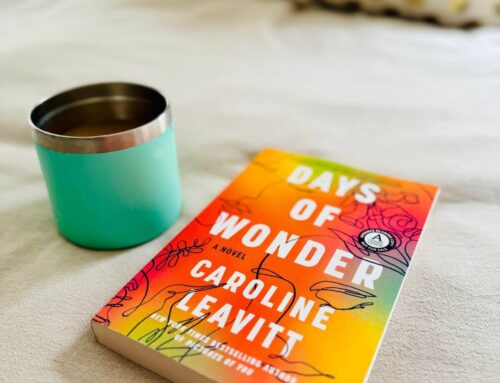
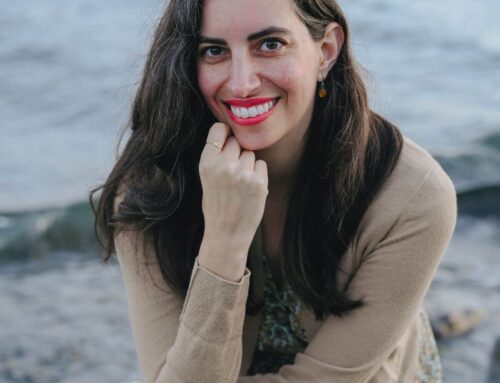
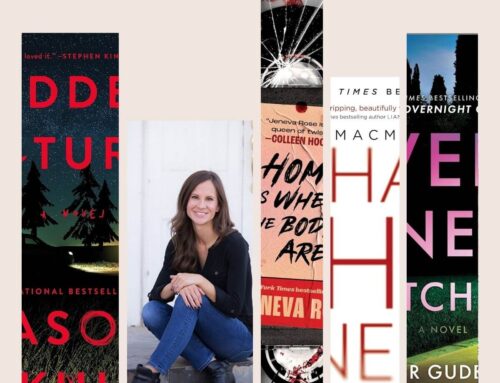
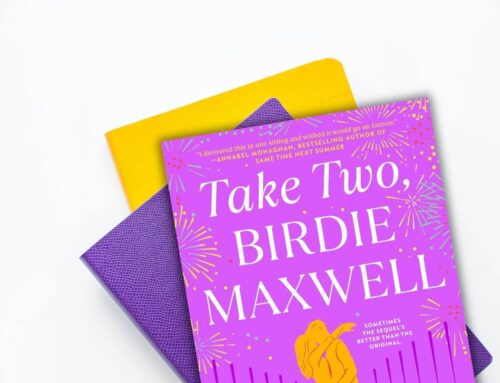


Leave A Comment